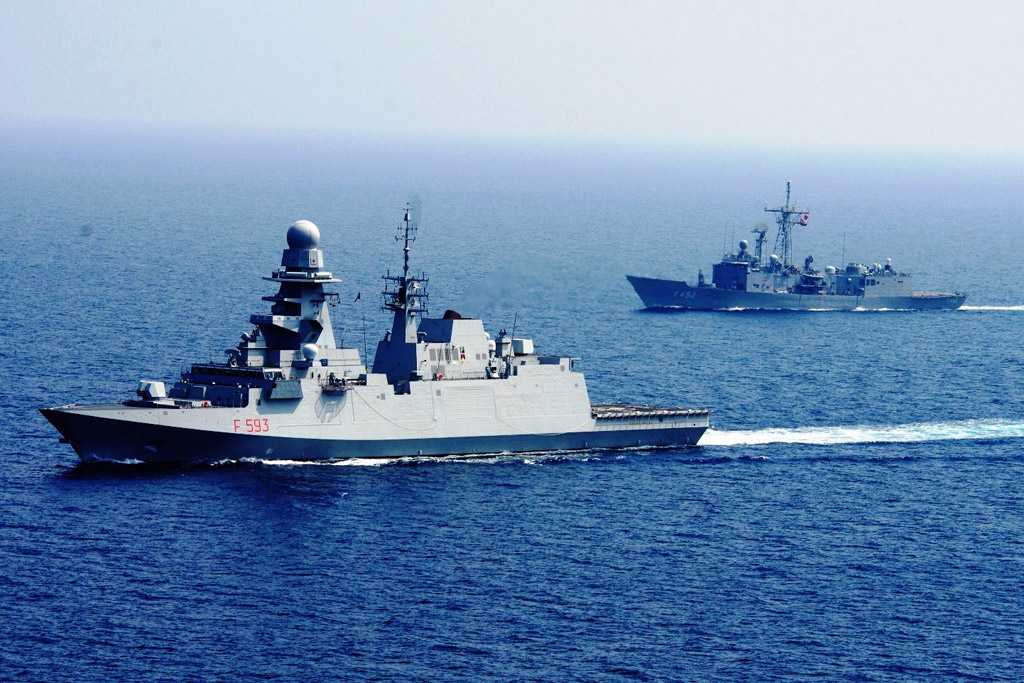Security Council renews piracy war amid fears of resurgence of piracy in Somalia

The United Nations Security Council has renewed for another year its authorization for international naval forces to join in fighting piracy off the coast of Somalia, stressing that while the threat from Somali pirates has declined, it still remains a matter of “grave concern.”
Adopting a unanimous resolution, the 15-member body highlighted the important role played by ships from regional organizations such as the European Union Naval Force (EUNAVFOR) and the North Atlantic Treaty Organization Operation (NATO) Ocean Shield, but noted that the primary responsibility lies with Somalia.
“While noting improvements in Somalia, [the Council] recognizes that piracy exacerbates instability in Somalia by introducing large amounts of illicit cash that fuels additional crime and corruption,” the resolution declared, stressing “the need for a comprehensive response to prevent and suppress piracy and tackle its underlying causes by the international community.”
It called on States and regional organizations to deploy naval vessels, arms, and military aircraft, and provide logistical support for counter-piracy forces.
At its height piracy off Somalia’s coasts netted scores of vessels, from large container ships to small leisure yachts, resulting in hundreds of people being held hostage and millions of dollars being paid in ransom.
Since the UN first authorized international naval intervention in 2008, the rate of seizures has gradually declined. In February this year a mission under the auspices of the UN Office on Drugs and Crime (UNODC) freed four Thai nationals after nearly five years in captivity, the longest held hostage ordeal in the battle against the pirates.
By that time six of the original 24 crew members of the Taiwanese-flagged FV Prantalay 12, who were held on land, died from illness while 14 Myanmar crewmen were released to police in northern Somalia.
The resolution comes amid concerns of possible resurgence of piracy in Somalia waters owing to increased illegal fishing.
A report released by the Secure Fisheries, a US based campaign group noted that illegal fishing off the Somali waters had spiraled to $306 million warning of the rise of piracy groups.
Foreign industrial fishing boats have resulted in “depleted stocks, a loss of income for Somalis, and violence against local fishers” the report read, adding “it also has threatened to ignite local support for a return of piracy.
Foreign boats are hauling in three times more than Somali fishermen — an estimated 132,000 metric tonnes of fish each year compared to Somalia’s catch of 40,000 metric tons, according to the report, based on multiple interviews and satellite evidence.
In a bid to avoid the impunity that the pirates have enjoyed, the resolution urged flag, port and coastal States and the home States of piracy victims to cooperate in determining jurisdiction and investigating and prosecuting perpetrators, and proposed the establishment of specialized anti-piracy courts in Somalia with substantial international participation.
It noted “with concern” that the continuing limited capacity to facilitate the custody and prosecution of suspected pirates after their capture has hindered more robust international action and too often has led to pirates being released without facing justice.